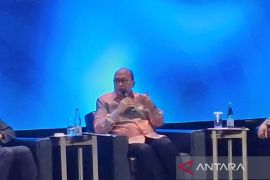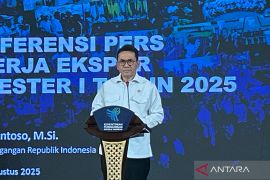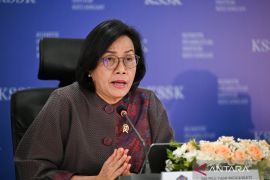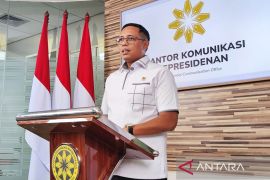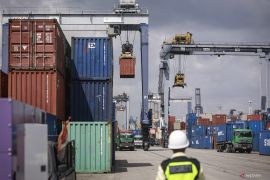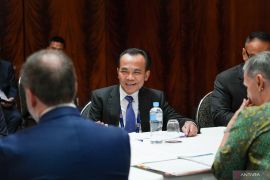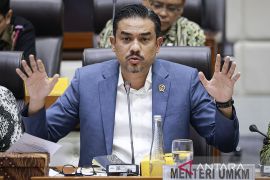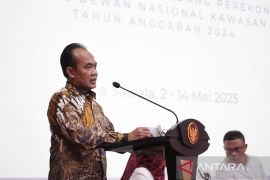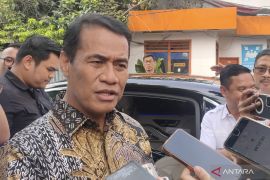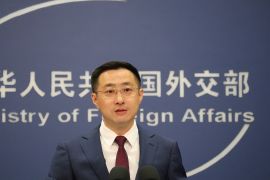Following his statement, Trump made several trade strategies. One of them was to withdraw the US from the Trans-Pacific Partnership (TPP). TPP, dubbed as a "high quality, twenty-first century agreement" encompassing 12 countries, was signed in Feb 2016 in Auckland, New Zealand. It has not been entered into force till date.
Before his inauguration, prior to stating the US withdrawal from the TPP, Trump also made other trade actions aimed at car manufacturers located outside the US. He threatened German car manufacturers with an increase in 35 percent tariffs to enter the US market, due to their failure to produce more cars domestically.
Like most other car manufacturers, German car manufacturers choose to manufacture their cars in Mexico, as it offers lower taxes and wages compared to the US. The North American Free Trade Agreement (NAFTA), a trade agreement between the US, Canada and Mexico, has eliminated most tariffs on trade, including tariffs on automobiles.
NAFTA has been implemented since Jan 1994 and aims to encourage economic activity between the three countries. However, Trump stated that he will begin renegotiating NAFTA with the leaders of Canada and Mexico.
Although for the time being Trump has only intended to increase the tariffs, the probability that it happens remains real.
Based on the Harmonized Tariff Schedule of the United States 2015, the tariff for motor cars and other motor vehicles principally designed for the transport of persons (including station wagons and racing cars) is 10 percent. The possibility for Trump to legally increase the tariff up to 35 percent remains a question
All the members of the World Trade Organization (WTO), including the US, have committed to cut their tariffs. After the Uruguay Round negotiations in 1994, most of the tariffs imposed by developed WTO members, known as bound tariffs, are bound to certain levels that are difficult to increase.
Nevertheless, Article XXVIII of the GATT 1994 allows WTO members to modify or withdraw from the agreed bound tariffs through negotiation and agreement with other related WTO members.
In case where a WTO member decides to increase the tariff exceeding its bound tariffs without undergoing any negotiation and agreement, such a WTO member might violate Article XXVIII of the GATT 1994 on Modification of Schedules and Article II:1(b) of the GATT 1994 on Schedules of Concessions, where "the products described in Part I of the Schedule relating to any contracting party" be exempt from ordinary customs duties in excess of those set forth and provided therein." It resonates that imported products may not be imposed tariff exceeding the bound tariffs.
In addition, non-discriminatory rules, namely the most-favored-nation treatment and national treatment, must not be overlooked in determining certain trade policy.
A countrys policy on trade might give ripple effects to other countries. If this policy is carried out without prudence and care, it might create unnecessary trade loss and harm the global value chain that we are all trying to build. As such, Trumps intention to increase the import tariff might impact other countries that directly or indirectly share trade relations with the US.
When it comes to Indonesia, although the country does not produce and export its own local cars at the moment, it is the second biggest automotive manufacturer in Southeast Asia after Thailand. Many car manufacturers, especially the Japanese, have invested and expanded their car manufacturers to Indonesia.
Such investment on automotive has opened various job opportunities in Indonesia and has absorbed numerous labors. Indonesia has also gained special benefits from the transfer of technology and knowledge in the automotive industry sector.
It is clear that the high investment has made automotives as one of Indonesias main commodities for export, and the US is also one of Indonesias export destinations. With an increased tariff of 35 percent as intended by Trump, Indonesia might also feel the impact which might cause economic loss to its automotive industry.
Increased tariffs for cars produced outside the US is one of many illustrations of how certain trade strategies aimed to protect domestic producers might also be detrimental to other countries. The next question is about other products beside cars. Currently, Indonesia has many of its main commodities being exported to the US, which include textile and textile products, electronics, rubber, footwear, cocoa and coffee.
Although we might go as far as to assume that such export commodities of Indonesia might also face the same risk of getting the increased import tariffs from the US, Indonesian President Joko Widodo is optimistic about Indonesia and its relations with US, stating that it will be better and will benefit each other.
*Members of Trade Practice Group of Bahar & Partners Law Firm
Reporter: Jessica Callista and Bhirawa J
Editor: Aditia Maruli Radja
Copyright © ANTARA 2017


